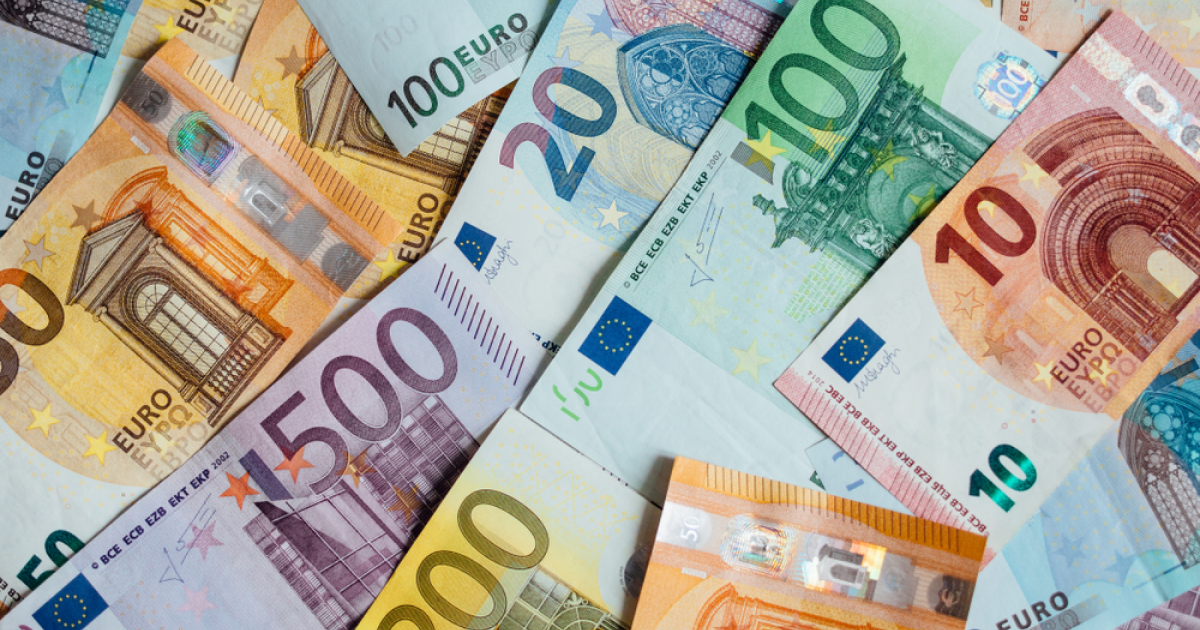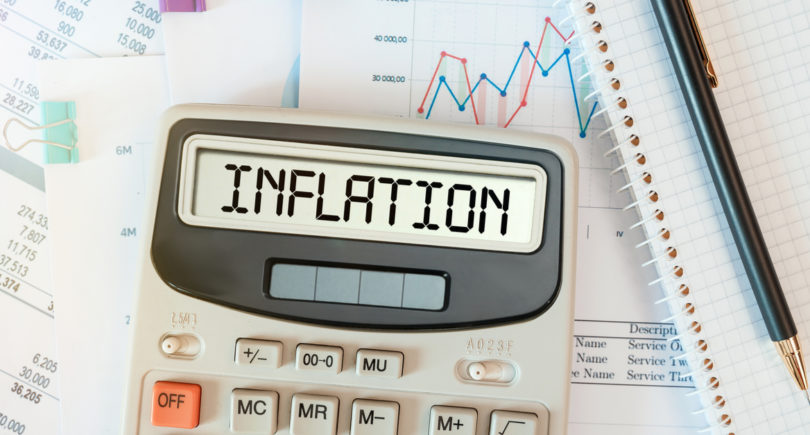
News Global Market eurozone 1278 08 March 2024
At the March meeting, the regulator left all three key interest rates unchanged
The European Central Bank (ECB) expects inflation to slow further in the eurozone. This was stated by the ECB President Christine Lagarde, according to the regulator’s report.
Following the meeting on March 7, the European Central Bank left all three key interest rates unchanged: the base lending rate at 4.5%, the deposit rate at 4%, and the margin loan rate at 4.75%.
Christine Lagarde explained that the decision to cut rates is likely to be made at the June meeting of the ECB Governing Council, not in April. She emphasized that there will be much more economic data coming soon, especially on wages and profits.
According to the regulator, in the latest forecasts of the ECB staff, inflation in the euro area was revised downward, in particular for the current year, which mainly reflects the lower contribution of energy prices.
The European Central Bank forecasts inflation to average 2.3% in 2024, 2% in 2025, and 1.9% in 2026.
Core inflation forecasts (excluding energy and food prices) have also been revised downward, averaging 2.6% in 2024, 2.1% in 2025, and 2% in 2026.
“While most measures of core inflation have declined further, domestic price pressures remain high, partly due to strong wage growth. Financing conditions remain restrictive, and past interest rate hikes continue to weigh on demand, contributing to lower inflation,» the ECB said in a statement.
The ECB has revised its forecast for eurozone economic growth in 2024 to 0.6% from 0.8%, as economic activity is expected to remain low in the near term. GDP is expected to grow by 1.5% in 2025 and by 1.6% in 2026.
According to preliminary data from Eurostat, inflation in the eurozone slowed to 2.6% year-on-year in February (2.8% in January), but this figure is still slightly higher than market expectations of 2.5%.
As GMK Center reported earlier, the German government will revise its GDP growth forecast for 2024 to 0.2% y/y from 1.3% previously expected. At the end of last year, the German economy decreased by 0.3% compared to 2022, which increased concerns about the deterioration of its condition.




